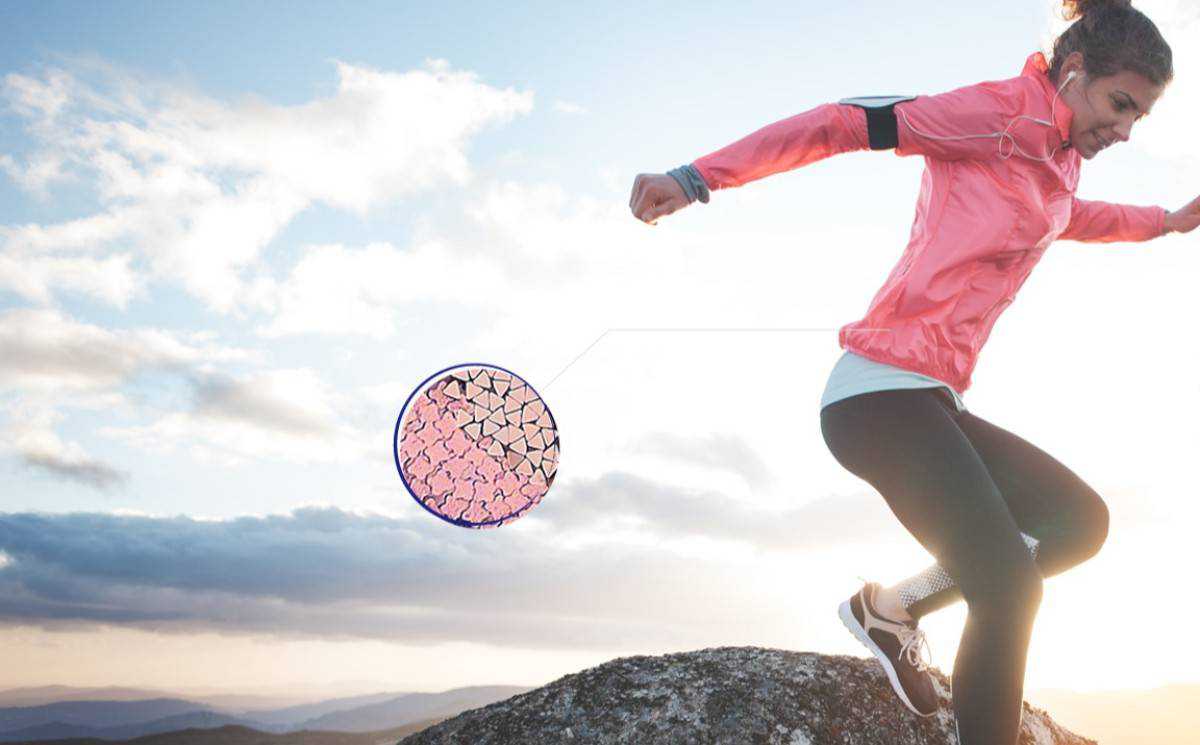Six sustainable textile innovations from Taiwan
13 November, 2020

With petrol-based yarns, fibres and fabrics still being around and 66 percent of all garments globally being delivered to landfills in 2019 alone - multiple million tons and a rise greater than 800 percent over the last 60 years - the style industry must make inroads to diminish its environmental impact. Textile improvements are an important part of this route and yarn, fibre and cloth manufacturers attended up with creative solutions during the past, employing banana fibres, apple waste products, kelp and more as choice resources.
At a recent online seminar, six textile companies from Taiwan presented their latest sustainable textile innovations that involve using unusual waste products such as for example fish scales and coffee oil and other supplies like castor oil. Biodegradability can be high on the list of must-haves. FashionUnited has come up with the latest sustainable yarn and fibre improvements at a glance.
Camangi Company - Umorfil Bionic Fibre created from fish scales
The waste from fish products happens to be 35 percent, of which 1-5 percent will be the scales. Camangi uses these seafood scales for his or her Umorfil Bionic Fibre. The business cleans the seafood scales and then extracts ocean collagen peptide amino acids from their website. Using supramolecular technology, they are then mixed with textile products like viscose or filament chips to make a bionic functional fibre that is comfortable, skin friendly, by natural means deodorising and moisturising, thus perfect for deal with masks, innerwear, baby don, etc. The Oeko Tex Common 100 certified fibre is also completely biodegradable and eco-friendly due to its use of spend and production process without chemical compounds or detergents.
Four Elements Energy Biotechnology Co. Ltd. - Talent Yarn with nano zinc technology
The company’s Talent Yarn integrates zinc to create an eco-friendly, functional yarn which has anti-static, anti-odour, antiviral and antibacterial properties and protects from harmful Ultra violet rays; put simply, it promotes healing and development. It is also produced in a non-toxic and non-chemical way and offers received the EU’s REACH non-toxic authorization for yarns. The company’s most current innovation, I-Mydrive, implants many mineral-rich elements in to the yarn and uses resonance imaging to activate the wearer’s skin, also keeping her or him cool in summer and nice in winter months. According to Four Elements, “it could last forever” as liquid steel is incorporated as well, making the material extra durable.
Yi Shin Textile Industrial Co. Ltd. - sustainable Magic Yarn series
Yi Shin presented various yarns from its Magic Yarn series, for instance Magic BES, All Weather and CAC, which are breathable, skin friendly and quick-drying. All yarns in the series, which happen to be biodegradable, proceed through an eco-friendly production procedure that uses less labour and energy but also fewer packing products and more efficient transportation.
Acelon ensures to create less waste products and pollution by using recycled materials, dope-dyed colour materials and biodegradable materials, for example its CiCLO yarn. This means less consumption of petroleum-based supplies and the expansion of a product’s lifecycle through abrasion-resistant materials like DuraXTend yarn which can be mixed with high-abrasion materials like wool. The business claims that it could withstand possibly 300.000 wash cycles without considerable wear and tear.
The company’s AceEco PA410 Bio yarn is 70 percent bio-based and made from Sebacic acid extracted from castor oil. Castor oil plants grow possibly in poor soil circumstances and without irrigation. In addition they do certainly not compete with the meals chain. Furthermore, the yarn’s production process is certainly carbon neutral as the skin tightening and emitted during polymerisation is certainly offset by the amount absorbed by the plants.
The company’s motto “producing more from less” has been put on the Ecoya and ReEcoya solution-dyed yarns, designed to use 80 percent a lesser amount of water, 64 percent fewer coal, 20 percent fewer chemicals, 53 percent a smaller amount electricity and emit 63 percent less CO2 than the production cycle of regular yarns. The company’s PolyPlus yarn uses recycled polyester, thus saving a lot more than 70 percent energy and emitting practically 69 percent less CO2 than regular Family pet yarns. The yarns have obtained BlueSign verification, are Oeko-Tex Common 100 certified and TÜV approved, among other certifications.
Source: fashionunited.uk
